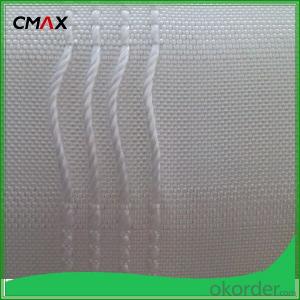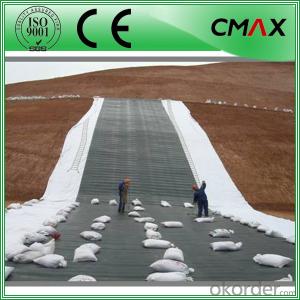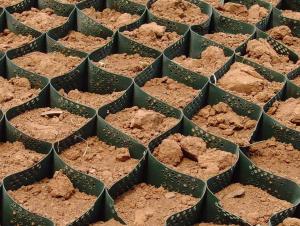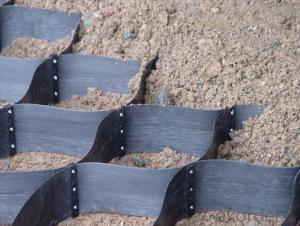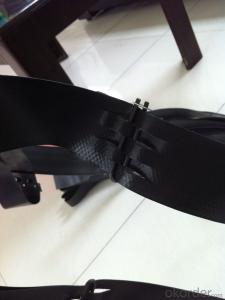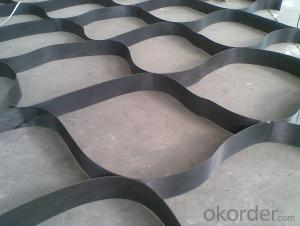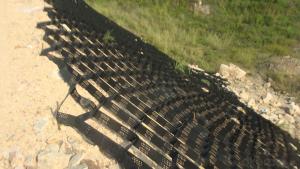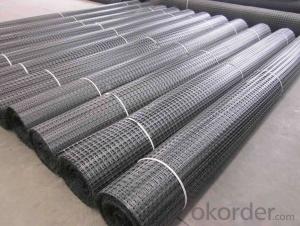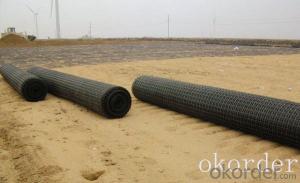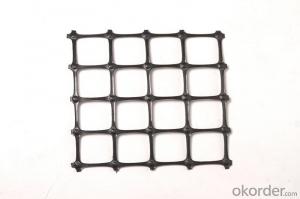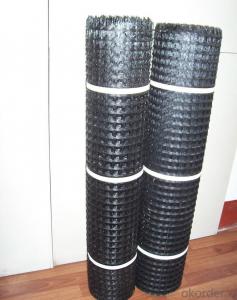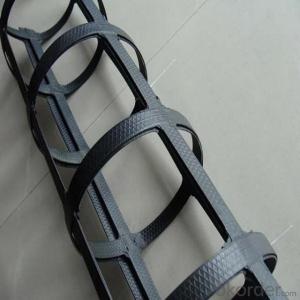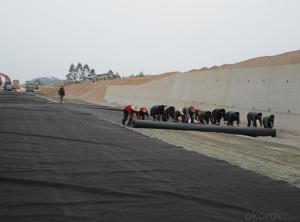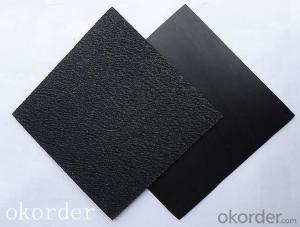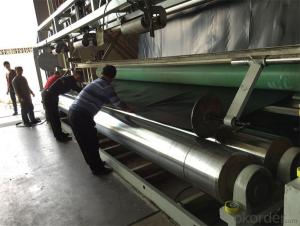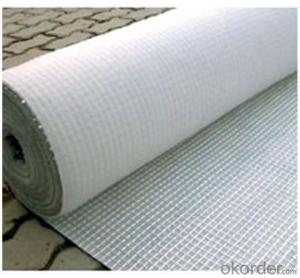All Categories
- - Steel Wire Rod
- - Steel Coils
- - Steel Profiles
- - Steel Pipes
- - Stainless Steel
- - Tinplate
- - Special Steel
- - Steel Sheets
- - Steel Rebars
- - Steel Strips
- - Hot Rolled Steel
- - Cold Rolled Steel
- - Pre-painted Steel
- - Seamless Steel Pipe
- - Welded Steel Pipe
- - Hollow Steel Tubes
- - Galvanized Pipe
- - Stainless Steel Coil
- - Stainless Steel Sheet
- - Stainless Steel Plate
- - Stainless Steel Strips
- - Electrolytic Tinplate Coil
- - Electrolytic Tinplate Sheet
- - Stainless Steel Rebars
- - Solar Panels
- - Solar Water Heater
- - Solar Related Products
- - Solar Inverter
- - Solar Cells
- - Solar Light
- - Solar Energy Systems
- - Solar Controllers
- - Solar Mounting System
- - Solar Pump
- - Solar Chargers
- - Fiberglass Chopped Strand
- - Fiberglass Mesh Cloth
- - Composite Pipes
- - FRP Pultrusion Profiles
- - Fiberglass Mat Tissue
- - Fiberglass Fabrics
- - Fiberglass Mesh
- - Composite Tank
- - Fiberglass Mesh tape
- - Polymer
- - FRP Roofing Panel
- - Fiberglass Roving
- - Monolithic Refractories
- - Ceramic Fiber Products
- - Refractory Bricks
- - Raw Materials For Refractory
- - Suspended Platform
- - Cranes
- - Concrete Machinery
- - Earthmoving Machinery
- - Building Hoist
- - Road Building Machinery
- - Plastic Pipe Fittings
- - Plastic Tubes
- - Plastic Sheets
- - Agricultural Plastic Products
- - Plastic Nets
 All Categories
All Categories
Q & A
How are erosion control measures implemented, particularly on sloped terrain in earthwork?
Erosion control measures on sloped terrain in earthwork are implemented through a combination of several techniques. These include the construction of retaining walls, terracing, and the installation of erosion control blankets, sediment fences, and silt barriers. Additionally, vegetative measures such as hydroseeding, mulching, and the planting of erosion-resistant plants are often employed. These measures help to stabilize the soil, control water flow, and reduce the potential for erosion, ensuring the long-term integrity of the slope.
What are the key challenges in urban earthwork projects related to traffic and space constraints?
The key challenges in urban earthwork projects related to traffic and space constraints are the need to minimize disruption to traffic flow while carrying out excavation and construction activities, as well as the limited availability of space for equipment and materials storage. These constraints often require careful planning and coordination to ensure efficient operations, minimize safety risks, and mitigate the impact on the surrounding community. Additionally, the presence of underground utilities and the need to work around existing structures further complicate the execution of earthwork projects in urban areas.
What are the steps involved in a slope stability analysis for earthwork projects?
The steps involved in a slope stability analysis for earthwork projects typically include:
1. Site Investigation: Conducting a thorough investigation of the site, including studying the geological and geotechnical conditions, soil properties, groundwater levels, and any existing slope failures or instability.
2. Data Collection: Collecting all relevant data, such as survey data, soil samples, and any available historical information about the site.
3. Geotechnical Analysis: Performing laboratory tests on soil samples to determine their properties, including shear strength, permeability, and compaction characteristics.
4. Slope Geometry: Determining the slope geometry, including its height, slope angle, and any potential changes in slope profile.
5. Stability Analysis: Performing stability calculations using appropriate analytical methods, such as limit equilibrium analysis or finite element analysis, to assess the stability of the slope under different loading and environmental conditions.
6. Factor of Safety: Calculating the factor of safety, which compares the resisting forces to the driving forces acting on the slope, to determine if the slope is stable or if any remedial measures are required.
7. Mitigation Measures: If the factor of safety is below the acceptable threshold, proposing and designing appropriate slope stabilization or reinforcement measures, such as slope terracing, retaining walls, drainage systems, or soil improvement techniques.
8. Monitoring and Maintenance: Implementing a monitoring program to regularly assess the stability of the slope during and after construction, and establishing a maintenance plan to ensure the long-term stability of the slope.
Overall, a slope stability analysis for earthwork projects involves a comprehensive assessment of the site, data collection, geotechnical analysis, stability calculations, and the implementation of appropriate mitigation measures to ensure the safety and stability of the slope.
Wholesale Earthwork from supplier in Mongolia
Whether you require excavation, grading, or soil stabilization services, we have the expertise and resources to meet your needs. Our team of experienced professionals is dedicated to delivering high-quality workmanship and ensuring customer satisfaction.
We offer a wide range of Earthwork products, including geotextiles, geogrids, geomembranes, and erosion control products. These products are designed to enhance the stability and durability of your construction projects, ensuring long-lasting results.
In addition to our product offerings, we provide comprehensive sales support to help you choose the right Earthwork solutions for your specific requirements. Our knowledgeable sales team is available to assist you in selecting the appropriate products and providing competitive quotations.
Furthermore, we understand the importance of technical support in the Earthwork industry. Our team of experts is equipped with the necessary knowledge and experience to provide you with technical assistance throughout your project. We are committed to helping you overcome any challenges and achieve your project goals efficiently and effectively.
As a subsidiary of CNBM, a Fortune Global 500 company, we uphold the highest standards of professionalism and integrity. Our reputation for delivering quality Earthwork solutions has made us a trusted partner for numerous clients in Mongolia. We take pride in our ability to provide reliable and cost-effective solutions that meet the unique needs of each project.
Whether you are embarking on a small-scale construction project or a large-scale infrastructure development, we are here to support you every step of the way. Contact us today to discuss your Earthwork requirements and discover how we can contribute to the success of your projects in Mongolia.
We offer a wide range of Earthwork products, including geotextiles, geogrids, geomembranes, and erosion control products. These products are designed to enhance the stability and durability of your construction projects, ensuring long-lasting results.
In addition to our product offerings, we provide comprehensive sales support to help you choose the right Earthwork solutions for your specific requirements. Our knowledgeable sales team is available to assist you in selecting the appropriate products and providing competitive quotations.
Furthermore, we understand the importance of technical support in the Earthwork industry. Our team of experts is equipped with the necessary knowledge and experience to provide you with technical assistance throughout your project. We are committed to helping you overcome any challenges and achieve your project goals efficiently and effectively.
As a subsidiary of CNBM, a Fortune Global 500 company, we uphold the highest standards of professionalism and integrity. Our reputation for delivering quality Earthwork solutions has made us a trusted partner for numerous clients in Mongolia. We take pride in our ability to provide reliable and cost-effective solutions that meet the unique needs of each project.
Whether you are embarking on a small-scale construction project or a large-scale infrastructure development, we are here to support you every step of the way. Contact us today to discuss your Earthwork requirements and discover how we can contribute to the success of your projects in Mongolia.
